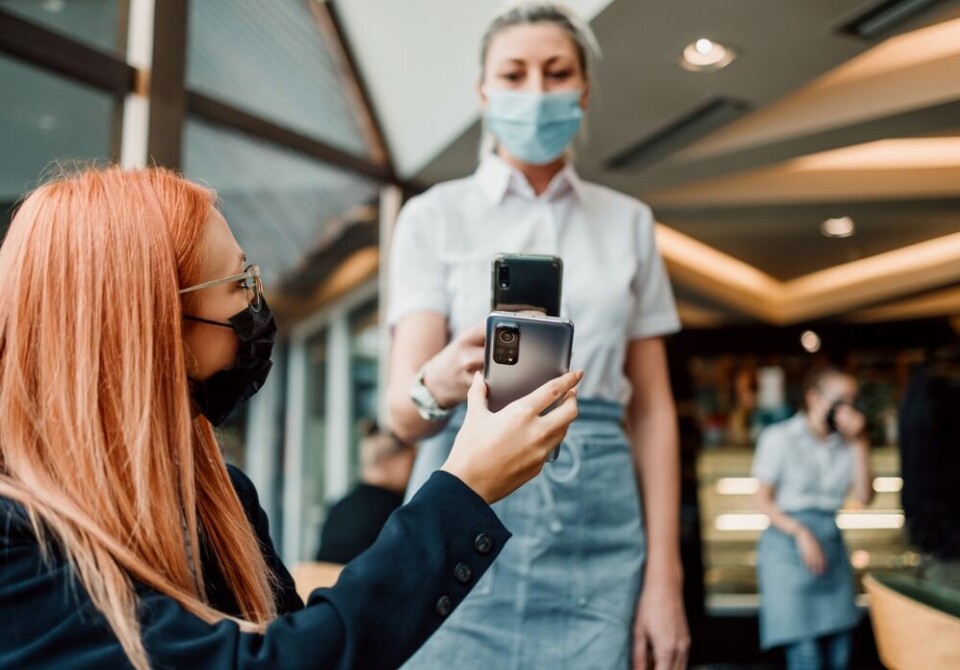-
British ‘Puppet Master’ conman in French jail wins phones back on appeal
Robert Hendy-Freegard was given a six-year sentence after hitting two gendarmes with his car
-
Alleged British hacker in jail in France offers to help with police data breach
Recent attack targeted police files
-
‘Elves crossing’: Normandy village installs fun roadsigns for Christmas
Heuland has also cleared its airspace to ensure safe passage for Santa Claus and his reindeer
France’s vaccine pass has not ‘fully achieved its goals’, says Senate
The measure was introduced on January 24 to tackle the coronavirus pandemic, but mixed government messages and a missed target audience has impacted its effectiveness, report finds

The vaccine pass has not helped boost the rate of Covid vaccinations to the extent it was hoped and its effectiveness has been impacted by government announcements that have “blurred the message”, a Senate report published Thursday (February 24) states.
The investigative commission set up by France’s upper house of parliament recommends removing vaccine pass measures “without delay”, based on the evolution of the fifth wave of the pandemic.
However, it also recommended lifting the pass “with caution”, saying the pandemic remains unpredictable.
France’s vaccine pass scheme means that everyone aged 16 and over must have proof of either being fully vaccinated against Covid or having recovered from it recently to enter the majority of France’s leisure-orientated public venues.
It was first introduced on January 24, and replaced the health pass in most places.
France’s Health Minister Olivier Véran said on February 22 that the country was on track to either fully or partially relax vaccine pass rules “within weeks”.
Read more: France on track to relax vaccine pass rules within weeks
Vaccine pass provided initial boost but missed priority target
The report stated that the announcement of the vaccine pass measures led to a definite rise in first-time vaccinations between mid-December and the end of January.
However, the measure did not impact the priority group of people – unvaccinated elderly people.
The implication is that these people were able to continue on with their lives without having to get a Covid vaccination because they were not in the habit of attending public places where the pass is required anyway.
The Senate’s commission said it would be better to focus specifically on targeting unvaccinated people who are most vulnerable to Covid, i.e. the elderly or those with underlying health issues.
The commission also said that the rapid rise in the number of Covid cases, caused by the spread of the Omicron variant, meant many people did not need to get vaccinated against Covid because they caught the virus instead.
Government gave mixed messages on Covid
The report also stated that the “succession of sometimes contradictory announcements” by the government on Covid rules led to the public message being “clouded”.
It cited, for example, the fact that Covid rules have gradually been being lifted since the beginning of February as a factor in limiting the effectiveness of the vaccine pass.
It implies that people took the lifting of restrictions to mean that Covid was not a serious matter, and therefore receiving a vaccination against it was not necessary.
Covid rules are to be further relaxed on February 28, when masks will no longer be required in indoor public places where the vaccine pass is in effect.
Finally, the report also says that the government has not “sufficiently relied” on health agencies and authorities for advice relating to the vaccine pass.
Related stories
Where face masks will no longer be needed in France from February 28
Why millions in France will have lost their vaccine pass today
French vaccine pass: third dose not needed if had two jabs and Covid
























